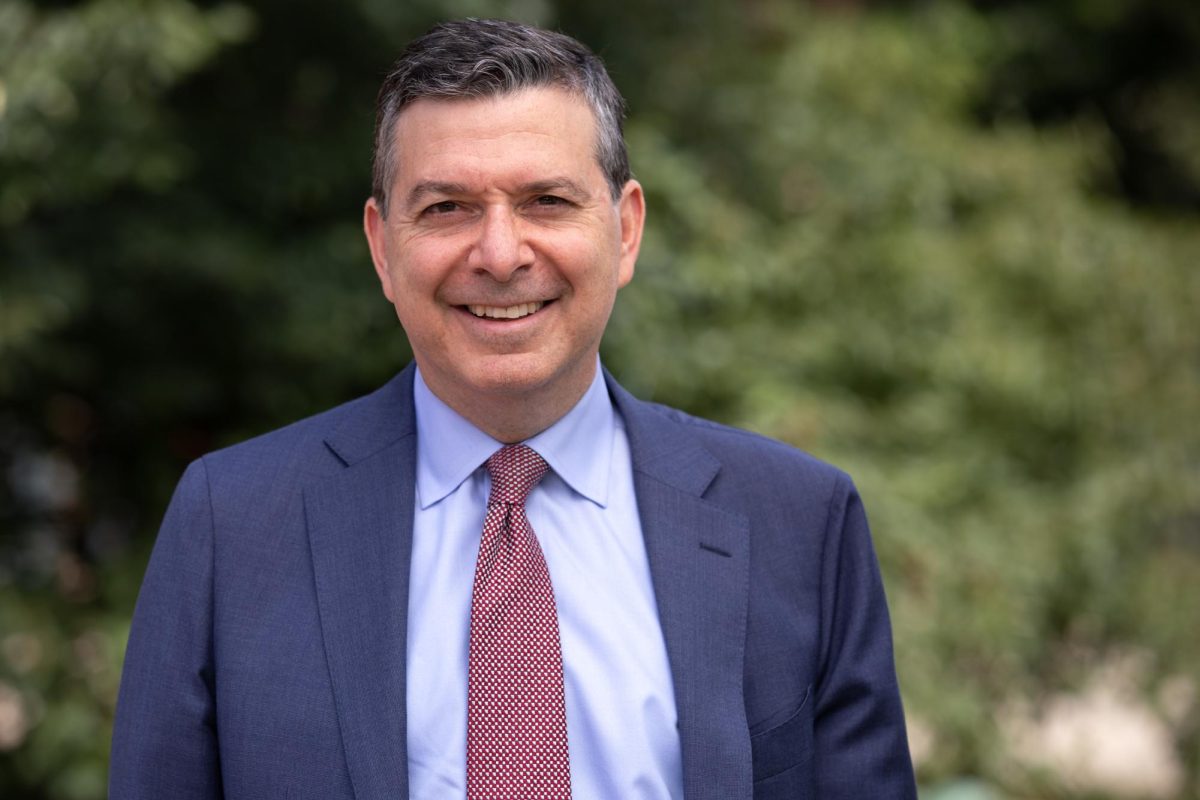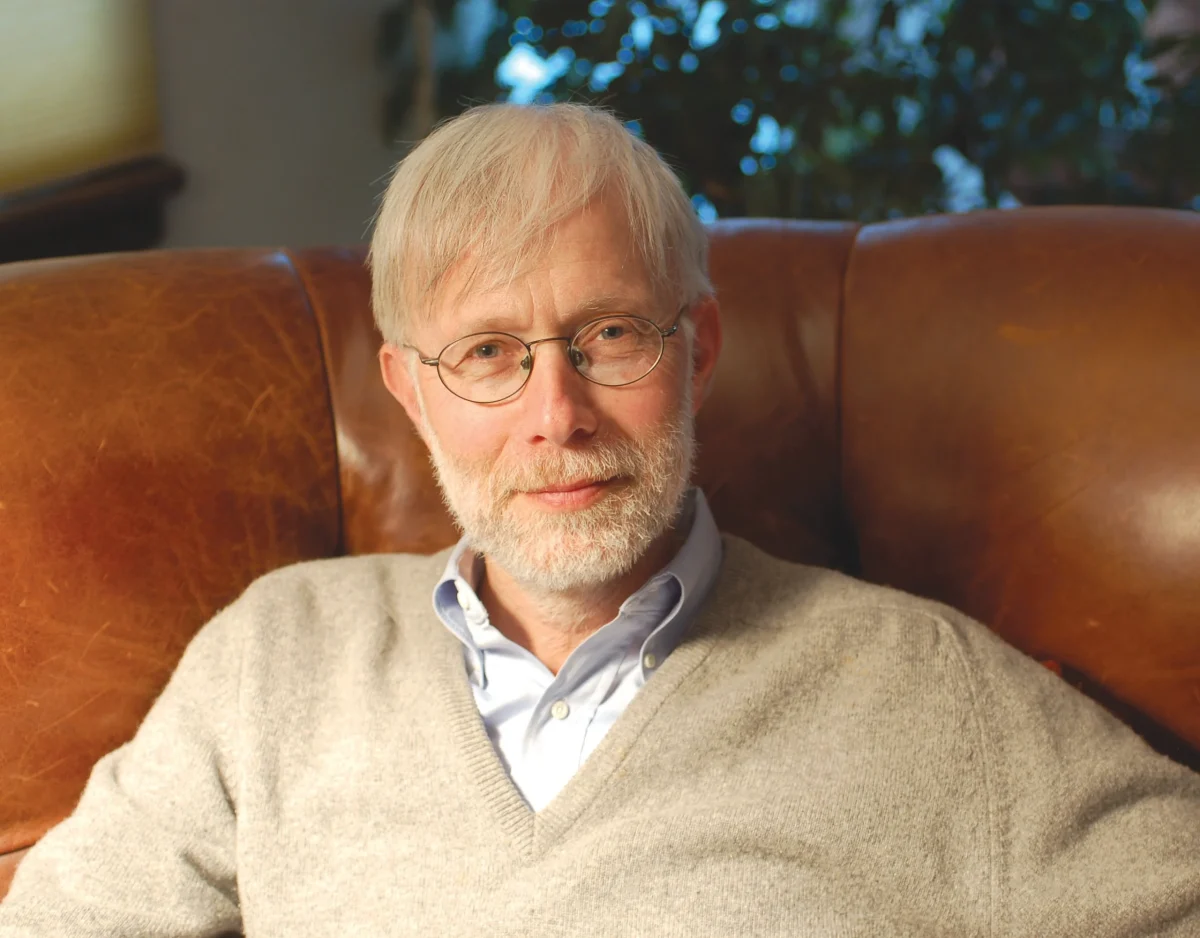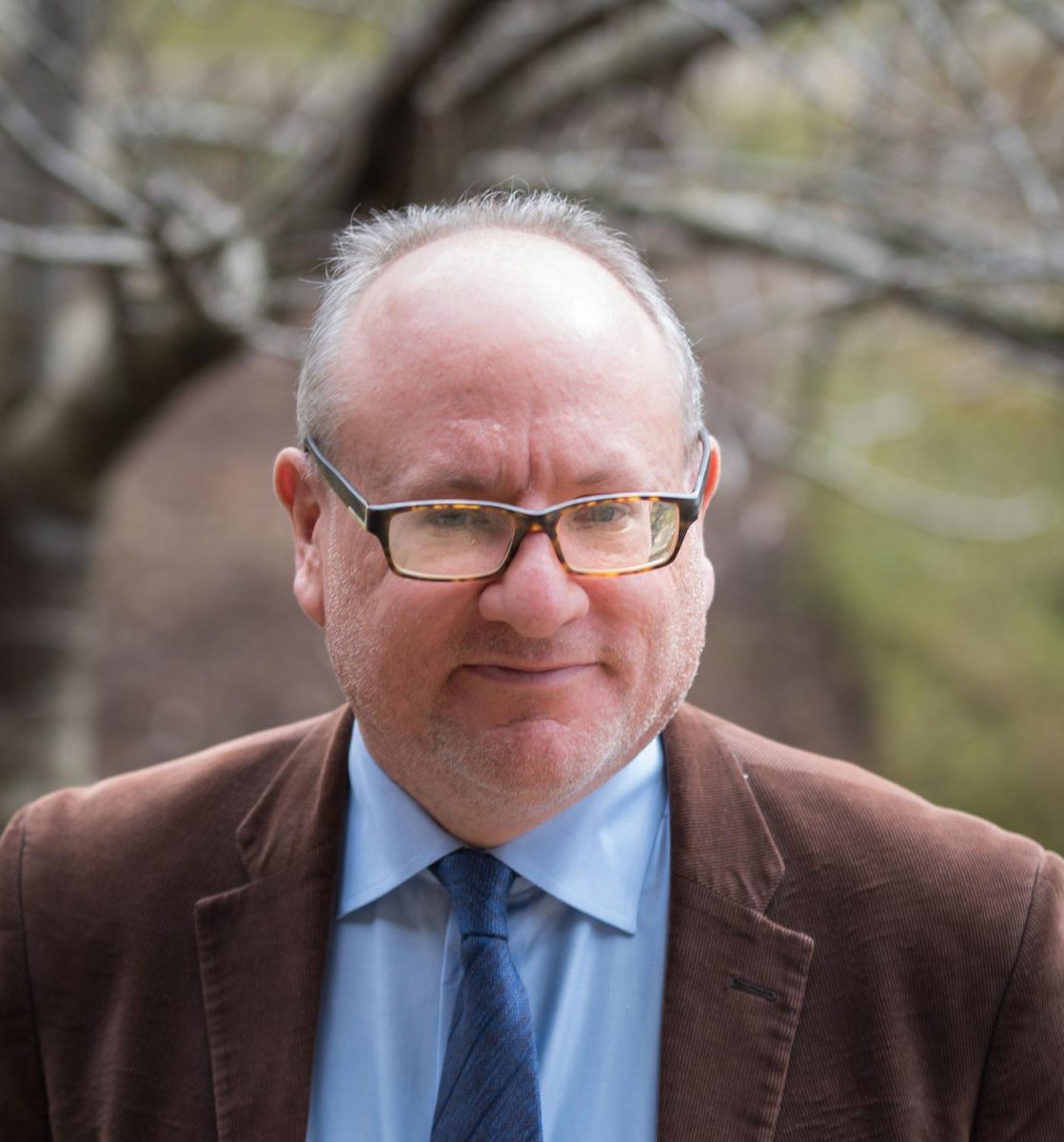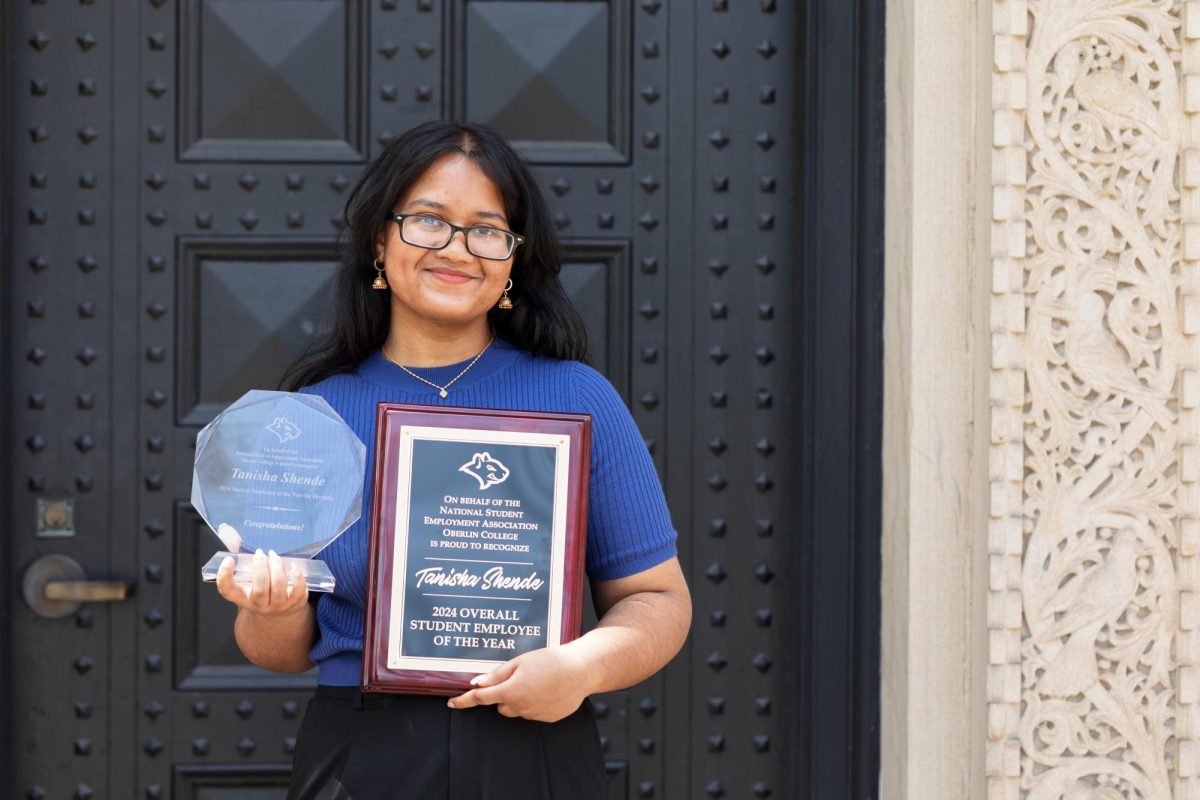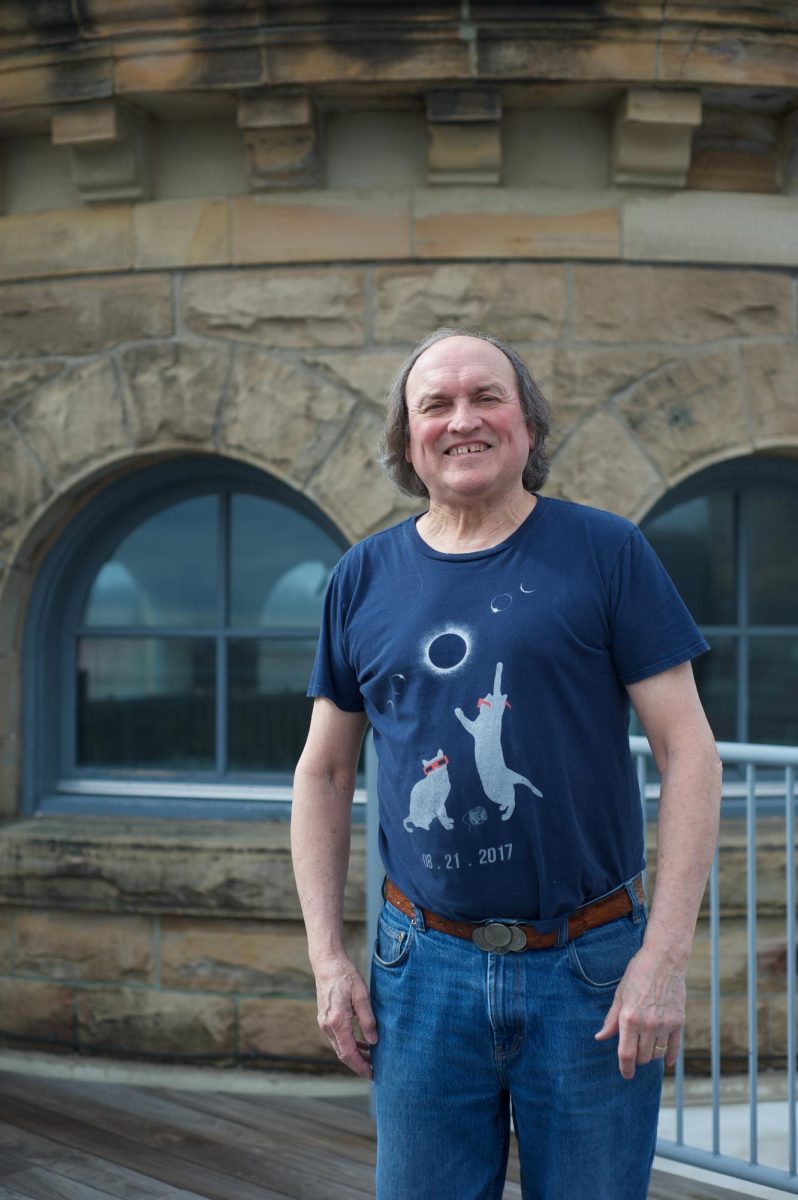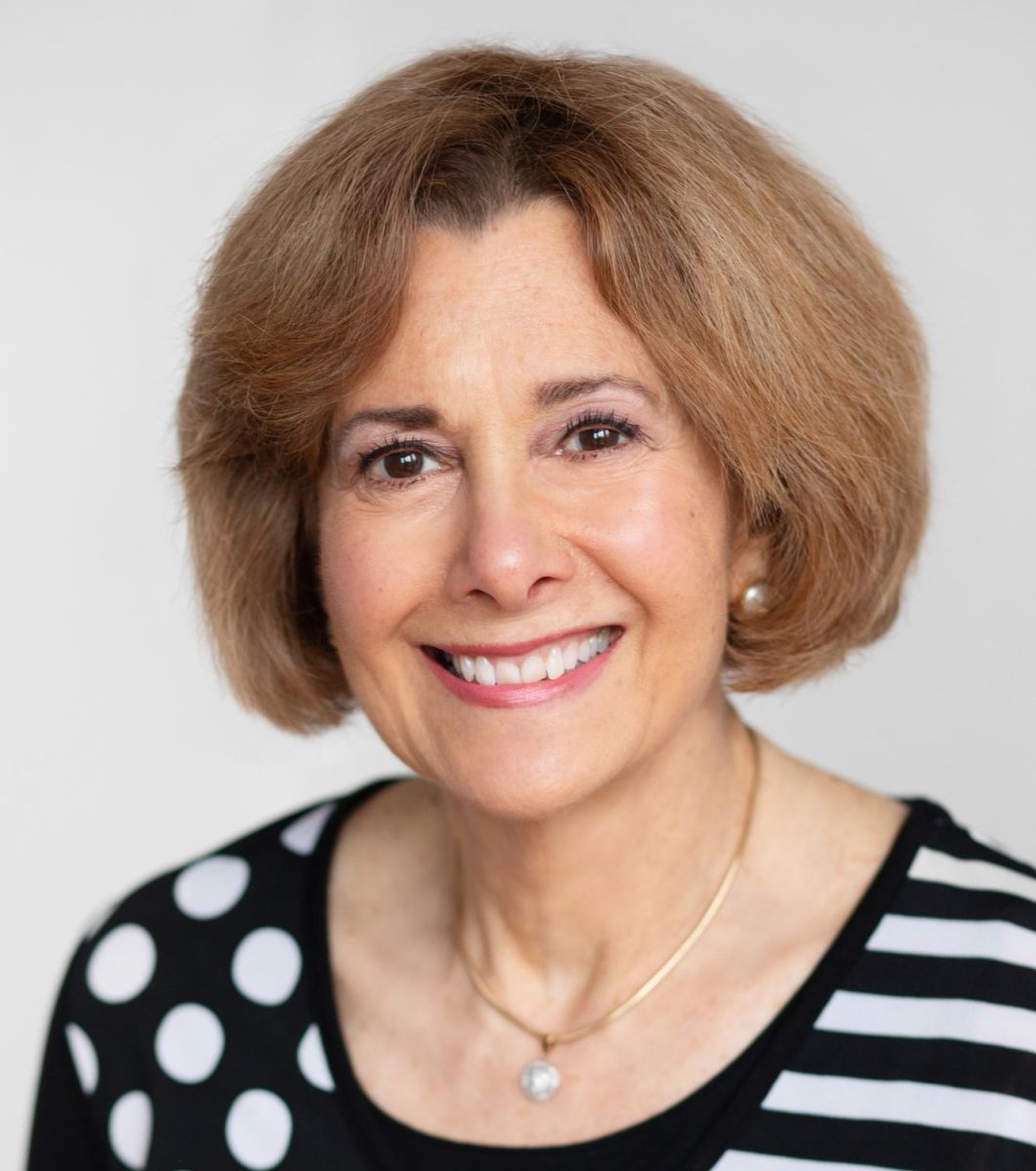Steven Bloom, OC ’83, is the assistant vice president of Government Relations for the American Council on Education. Bloom previously worked as a litigator focused on civil rights, employment law, and more. This week he will be speaking to Oberlin’s Board of Trustees about the ramifications of the Supreme Court overturning affirmative action and how the ruling is impacting diversity practices and admissions policies across higher education.
This article has been edited for length and clarity.
Can you talk a little about your role within the American Council on Education?
I have been at the American Council of Education for 16 years. Together, we work on federal financial aid programs and other kinds of policies. For me personally, tax is the core of my portfolio. That’s for individuals saving for college, paying for the cost of college, and then repaying the cost of it, for example your student loan. Alongside tax, I started covering healthcare issues when the Affordable Care Act — Obamacare — was being written in 2009. I became kind of an expert in information related to student health insurance. Now I’m focused on student mental health issues. Along with healthcare, I cover labor and employment issues. I also for a time focused on immigration, particularly the DREAM Act and trying to get relief for Dreamers. Finally, for the last 16–18 months, I did a lot of work on what we would call “divisive concepts.” What you’re seeing in some states, including in Ohio, is imposed restrictions on what’s being taught or what’s being discussed, like in the areas of race or tenure.
In the past you worked in litigation and civil rights law. What caused your shift into higher education?
I was a litigator particularly early in my career in Boston. When I went to law school, I thought I wanted to be Atticus Finch from the original book. I went to Northeastern Law School, and they have internships during law school, where I worked with a civil rights lawyer in Boston. That’s what I thought I wanted to do — work as a litigator. So after clerking and then a year working in criminal defense, I worked for a firm and did some plaintiff civil rights, mostly police misconduct cases. I did a lot of employment discrimination work, and then my career as a litigator evolved in a different direction. I then decided I was going to do a real career shift. So I worked for an Obie who was Senator Ted Kennedy’s chief labor staffer. It became an opportunity to showcase my skills as a lawyer. But also, it was sort of a lift to get out of being seen as a litigator and to get some experience working in policy. But in 2002, which was a bad year for Democrats, I left the Hill and worked for the Jewish Federations. I worked for them for a couple of years, and as a lobbyist. Then I worked for an organization called Independent Sector, which represents major foundations like the United Way and the American Red Cross. I worked for them for a couple years, and then I came to the American Council on Education.
You’ve spent most of your life working in civil rights and activism. Did Oberlin help cultivate that passion?
I grew up in a home where my parents were very involved. When I was a little boy, during the presidential campaign in ’72, I remember when John F. Kennedy’s former press secretary came to our house for a campaign fundraiser. It was always just a part of who I am. So at Oberlin, I wouldn’t say that the school sparked that passion. It just allowed me to be in a place where people were really concerned about the right issues, and then they recognized the importance of them and tried to find their own ways to engage. For example, when I was a student, it was during South African apartheid, and I remember being involved in a protest where we took over the President of Oberlin’s office.
How does the overturning of affirmative action affect how you operate within the American Council of Education?
The American Council of Education released a statement when the decision came out about how disappointed we were. We will continue to do programming and other materials to assist our member institutions to figure out how to navigate this post race-conscious admissions world. This will always be complicated and difficult in certain ways, because its impact is way beyond admissions. And we can certainly look at what it means for institutions like Oberlin. If you look at the array of institutions that are eligible for federal financial aid, they use race as part of an assessment of a candidate’s application. But the overturning of affirmative action means they will not be able to assess race directly as part of admissions any longer. Institutions will have to use race-neutral admission strategies. The court itself said that when students apply, they can choose to tell their story. If race is part of their story, that’s okay, and schools could consider the story of that individual student. So what does it mean for departments like financial aid? Can it be permissible to have financial aid that is distributed based on race? It is going to play out in very complicated ways on campus. This will happen in the coming years as higher education confronts this new reality and what it means for an array of departments on campus. There’s already a conversation about legacy admissions with complaints being brought up at the Department of Education.
What’s the best way to navigate higher education as a student after the overturning of affirmative action?
I think if the institution is committed to a diverse student body, then we can still enact change. And we’re not Harvard. We don’t have a multi-billion dollar endowment like Yale or Princeton. So there will be finite resources that we can throw at the problem. But what we can try to do is ensure that there’s more money for need-based student aid and try to find ways for alumni to contribute or encourage more programs such as the Pell Grant, as that’s one of the race-neutral proxies that schools will use. I believe that an institution like Oberlin has a community dedicated to change. I would encourage the students to push the leadership of the institution. I am confident that the Oberlin community will want to make sure that the institution does what it can to try to ensure that this is a diverse campus — that we draw on students from all across the United States, but particularly underrepresented students.


